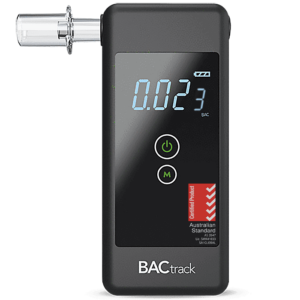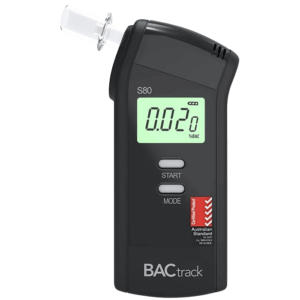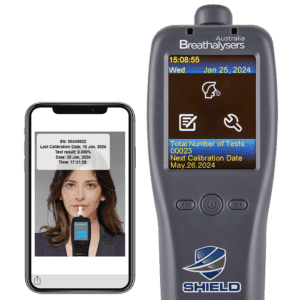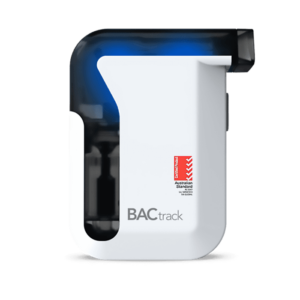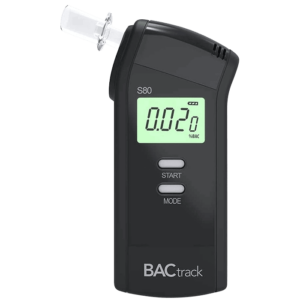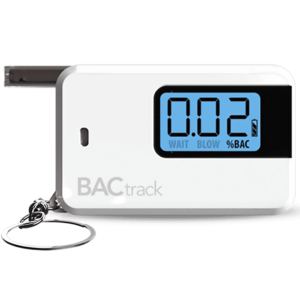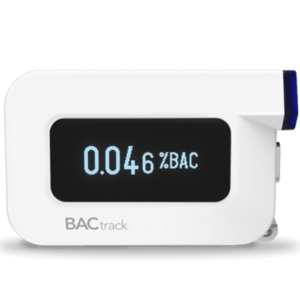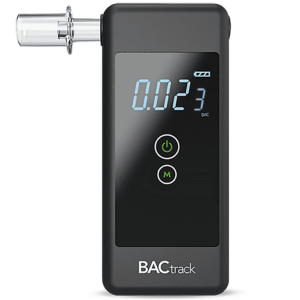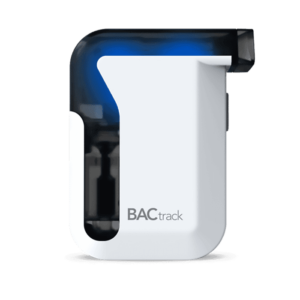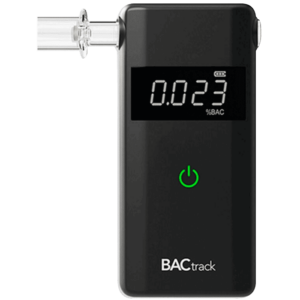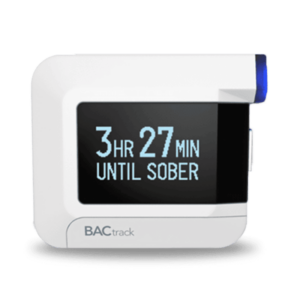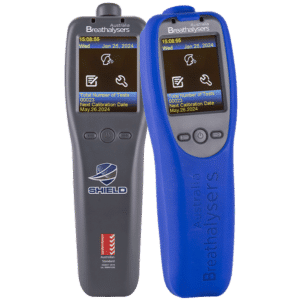Passing a Breathalyzer – Why Is It Necessary?
25 October, 2023
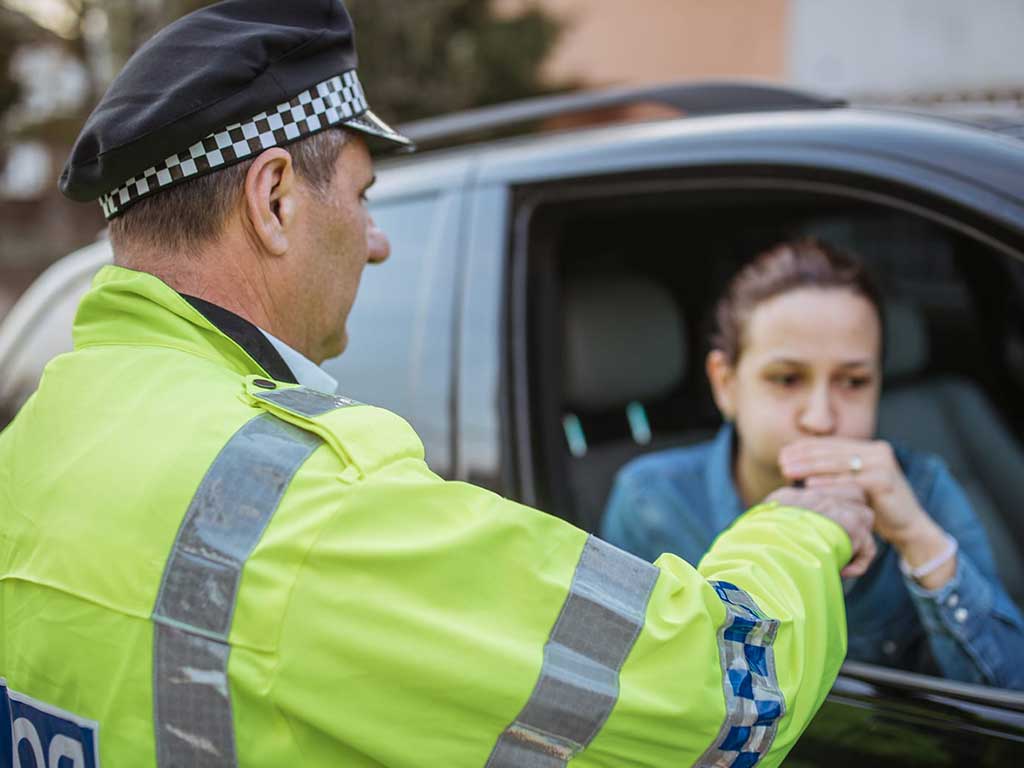
Drink driving is a major problem worldwide. It causes numerous accidents and fatalities each year. To combat this issue, law enforcement agencies have implemented breathalyzer tests to determine the level of intoxication. When police officers conduct a roadside breath test, passing a breathalyzer test is crucial for drivers. Otherwise, authorities can arrest and charge them with driving under the influence (DUI) of alcohol. They can lose their freedom, and the quality of their lives can decrease.
In addition to avoiding legitimate penalties, staying within the legal limits is necessary for employees. This is because many employers conduct breath tests for safety reasons. Employees who fail the test can be subject to disciplinary actions such as suspension or job termination. To learn more about the testing method, the following sections will present the implications of passing it, understanding Blood Alcohol Concentration (BAC) limits, and the guidelines for passing.
Implications of Passing a Breathalyzer Test
Passing a breathalyzer test can have significant implications. This is especially true when facing legal charges related to alcohol consumption while operating a vehicle. When a police officer suspects a driver of being intoxicated, they may administer a breath test. If the breath sample registers below the legal limit, it can provide crucial evidence in defending against drink driving charges.
Breathalyzers are a common tool that law enforcement uses to detect the presence of alcohol in the breath. These portable devices measure the concentration of alcohol in deep lung air. Thus, it provides an estimate of the alcohol level. It is important to note that passing a test does not necessarily mean a person is free from all legal consequences.
While having a low BAC level is valuable evidence, it is not the only factor that authorities and prosecutors take into consideration. Other pieces of evidence, like the odour of breath and the behaviour of the driver, can also be used to assess impairment. Hence, it is important to take all necessary steps to ensure sobriety before driving or engaging in any risky activities.
Drink Driving Penalties
The following are the common drunk driving penalties:
- License Suspension – People caught driving over the legal limit of alcohol may have their license suspended for a certain period.
- Fines – In New Zealand, fines differ from place to place. On average, failing a test ranges from NZ$400 to NZ$2000. The total amount will depend on how much over the limit people were and their prior convictions.
- Jail Time – In some cases, individuals may face jail time. This is more common for repeat offenders. Depending on the severity of the offence, It can range from a few days to several years.
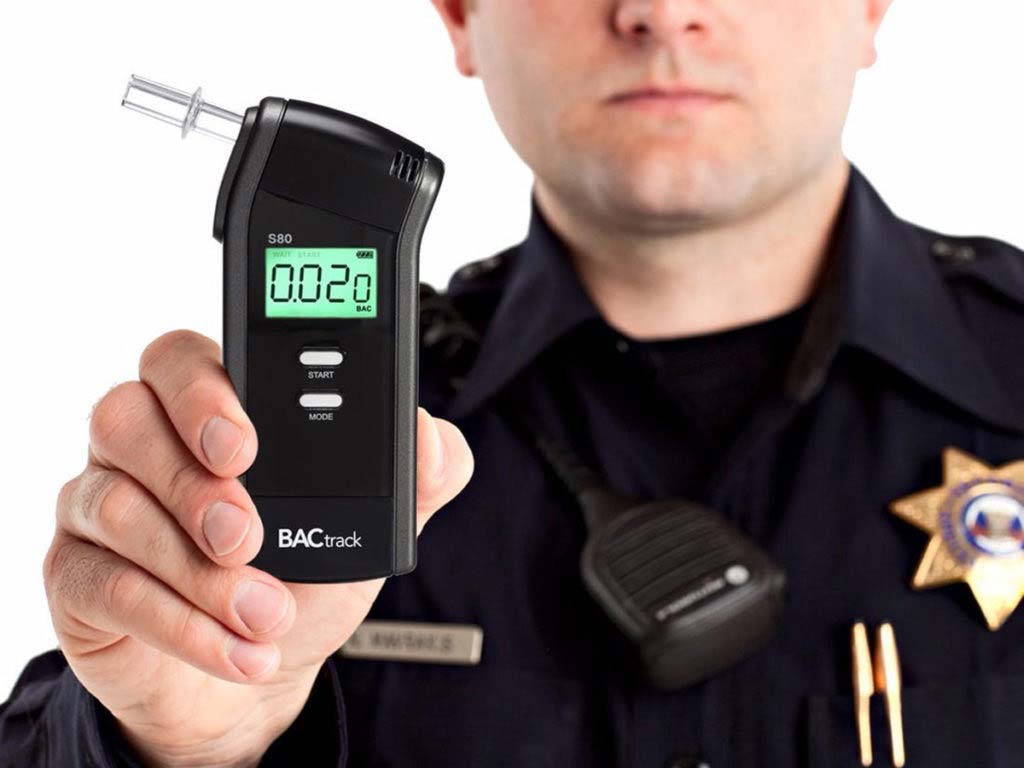
Understanding BAC Levels When Considering Passing a Breathalyzer Test
When it comes to passing a breathalyzer test, it is crucial to understand BAC levels. It is a measure of the amount of alcohol present in the bloodstream of a person. This is the key factor that determines whether someone is legally impaired while operating a vehicle. In most countries, the legal limit is 0.08%. However, it is 0.05% in New Zealand. If individuals go over these levels, authorities can charge them with DUI.
To accurately measure BAC, law enforcement officers rely on breathalyzers. It is important to note that they are not foolproof and can be challenged in court. However, it is essential to understand that having a BAC above the legal limit can have serious consequences. This is regardless of any potential errors in breathalyzer readings.
To pass a test, it is advisable to practice responsible drinking habits. This includes knowing individual limits and allowing time for the body to metabolise the alcohol. Also, avoid any type of activity that requires sobriety, like operating machinery. When in doubt, it is always best for people to err on the side of caution and find alternatives.
Legal BAC Limits
The legal BAC limit for driving in New Zealand is 250 mcg/100mL. This is the equivalent of 0.05%. It has been set to ensure the safety of drivers and others on the road. Impaired drivers with a BAC over the legal limit can result in serious consequences, including fines, licence suspension or loss, jail time, and increased insurance premiums.
It is important to consider that certain factors affect the result. For instance, the time in which a person drank alcohol and took the test can affect the outcome. Moreover, body weight, metabolism, and food in the stomach can affect the BAC.

Guidelines for Passing a Breathalyzer Test
Drivers passing a breathalyzer test is crucial because it can severely affect their lives. Thus, they need to understand the factors that can influence the breath sample they provide. One key factor is the level of alcohol they consume. The more alcohol a person drinks, the higher their BAC will be. It is always advisable to avoid drinking alcohol in excess if they plan on driving, as even a small amount can increase the BAC.
Another important consideration is the breathing pattern during the test. To ensure an accurate reading, it is recommended to take a deep lung air sample. This means exhaling deeply into the breathalyzer device for an extended period. It is important to follow the instructions provided by officers conducting the test to ensure the best possible result.
By understanding these guidelines and taking appropriate measures, people can increase the likelihood of passing a test if they are pulled over by law enforcement. However, it is important to note that the best way to avoid legal consequences and ensure road safety is to refrain from drinking and driving altogether.
How Long Does Alcohol Stay in the Body?
Alcohol can stay in the body for varying lengths of time, depending on several factors. The rate at which a person metabolises alcohol can differ. On average, it takes about one hour for the body to metabolise one standard alcoholic drink.
However, it is important to note that this estimate can vary depending on individual factors such as weight, metabolism, and overall health. Other factors that can influence how long alcohol stays in the body include the type and strength of the alcoholic beverage they consume. To fully eliminate alcohol from the body, it may take several hours or even longer.
Conclusion
Passing a breathalyzer test is important because it helps to ensure public safety. Any amount of alcohol people consume can impair their ability to operate a vehicle or other machinery safely. Moreover, they need to be aware of the legal limit. Otherwise, they may fail a roadside breath test. This can result in the possibility of paying fines or imprisonment. Additionally, other settings, like being an employee in a company, may require them to remain sober.
For further protection, people can purchase a personal breathalyzer. A unit allows them to test themselves after they drink and before they drive. This can lessen the amount of road accidents. Moreover, they can protect themselves and other people. For reliable devices, they can check the BACtrack breath testers from Breathalysers New Zealand. They offer various kinds, from Bluetooth-enabled breathalyzer models to keychain-like units for convenience.


















